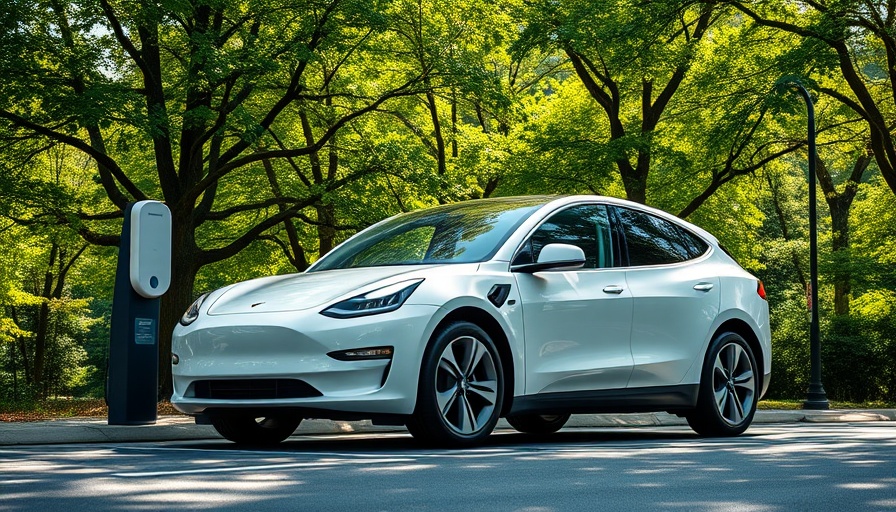
The Rise of Sustainable Living Among Tenants
In recent years, a remarkable shift in tenant preferences has emerged, as more renters are increasing their focus on sustainability. Whether they are motivated by the desire to reduce their carbon footprints or simply looking to save money on energy bills, today’s tenants are demonstrating a strong willingness to invest in green homes and amenities. With energy costs continuing to skyrocket, those on tighter budgets are increasingly recognizing the long-term value of eco-friendly living spaces.
Investors Responding to Tenant Demand
According to Handelsbanken’s Property Investor Report 2025, an overwhelming 92% of property investors surveyed indicated that tenants are willing to pay extra for greener homes and commercial spaces. This suggests a growing alignment between tenant desires and landlord investment strategies, signaling a promising trend for both sides. As sustainability features like heat pumps, solar panels, and electric vehicle charging stations become increasingly desirable, 77% of respondents noted a surge in demand for these types of properties.
Navigating Changing Regulations in the Rental Market
The push for sustainability has been further accelerated by government initiatives aimed at achieving net-zero emissions. Currently, all privately rented properties must hold a minimum energy performance certificate (EPC) rating of E. However, proposed changes signal an increase to a C rating by 2030, prompting landlords to rethink their portfolios. Handelsbanken notes that over a third of investors feel optimistic about the market in light of these reforms.
Creating Sustainable Homes: A Smart Investment
Richard Winder, Head of Sustainability at Handelsbanken, believes that sustainability has transcended mere trendiness to become a core business strategy. He explains that landlords who invest in sustainable features have the opportunity to attract high-quality tenants while also lowering long-term operating costs. As regulations tighten and climate issues take center stage, the demand for resilient buildings equipped for sustainable living is expected to swell, presenting a golden opportunity for stakeholders in the market.
What Tenants Want in Their Homes
Research indicates that an impressive 57% of tenants are now actively seeking homes equipped with electric vehicle charging points. Additionally, 47% of landlords report that tenants are requesting higher EPC ratings of C or better. This mounting demand is poised to influence how property owners allocate investment resources, potentially leading to significant changes in the landscape of rental properties. As a result, landlords may find it increasingly beneficial to prioritize sustainability within their investment strategies.
Community Connections: The Bigger Picture
Beyond financial implications, the move towards sustainability resonates deeply with community values. Tenants’ desire for greener spaces aligns with a broader societal push for responsible living practices. Many young homeowners in London, particularly those in the 25-55 age group, prioritize homes that reflect their values of environmental stewardship. Housing choices extend beyond mere shelter to embody a lifestyle that prides itself on sustainability and community improvement.
Final Thoughts and Takeaways
The trends outlined in the Handelsbanken report shed light on significant changes in the rental market, revealing how tenants' preferences are driving a shift towards greener homes. For young homeowners looking to invest in lifestyle-enhancing renovations or new properties, embracing sustainability offers not just personal satisfaction but also potential cost savings and market advantages. As the call for eco-friendly living grows louder, now is the time to explore opportunities that align with a greener future.
As landlords and tenants navigate this evolving marketplace, both parties will benefit from focusing on environmentally friendly practices. By investing in sustainable features, property owners can attract a new generation of renters eager to embrace an eco-conscious lifestyle. This shift not only boosts financial potential but also fosters community growth around shared values.
 Add Row
Add Row  Add
Add 






Write A Comment